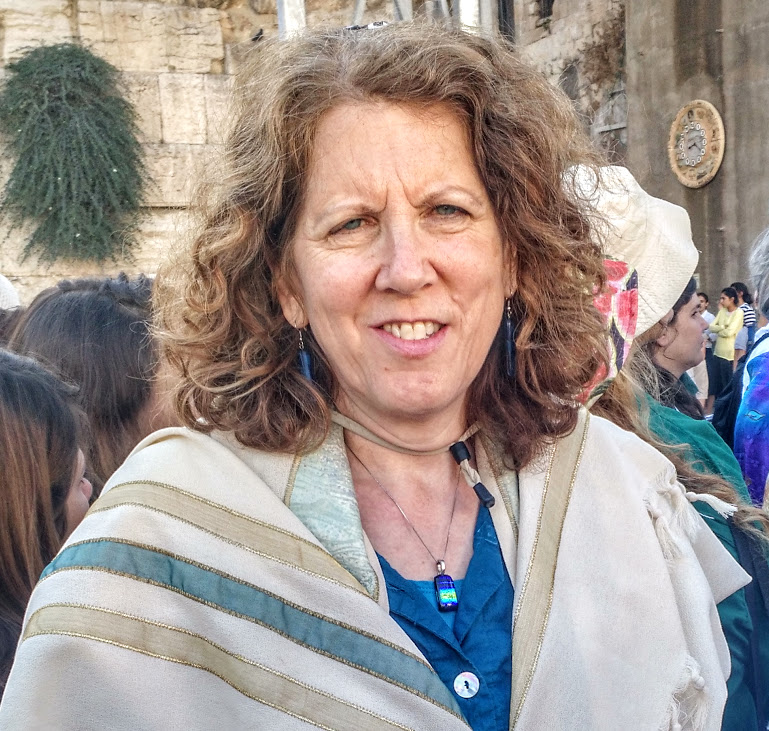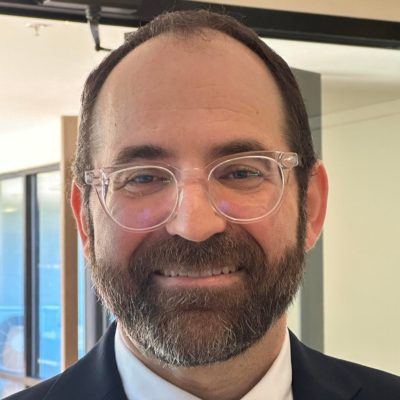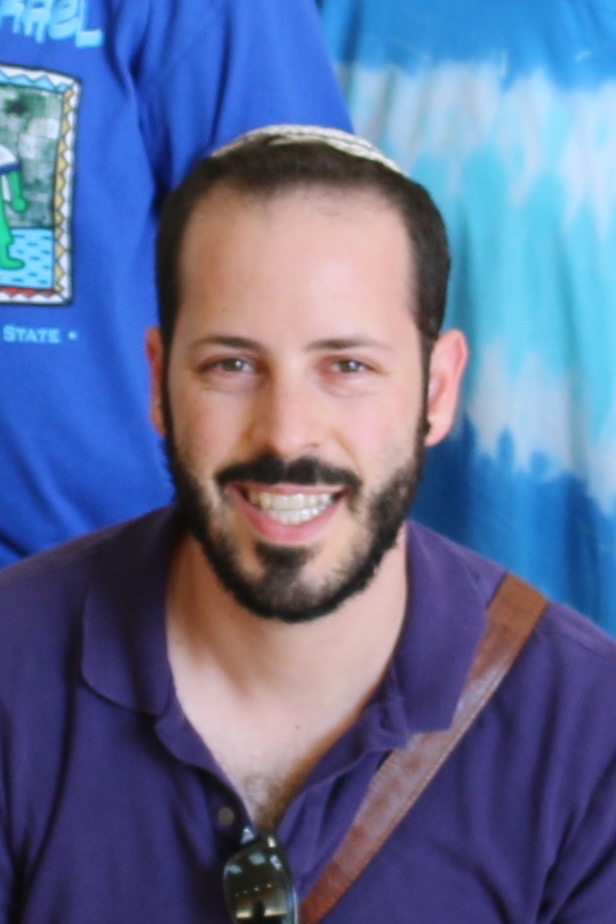
Re’eh: See Immokalee with your own eyes and you’ll understand
See. Re’eh. Much of Sefer Devarim instructs us to listen—Shma. Listening is one important way that people understand and empathize with the stories of others. When we hear or read these from afar, we feel great empathy and outrage. But in our portion, the mitzvot we are called to fulfill require that we see life’s...
read more










